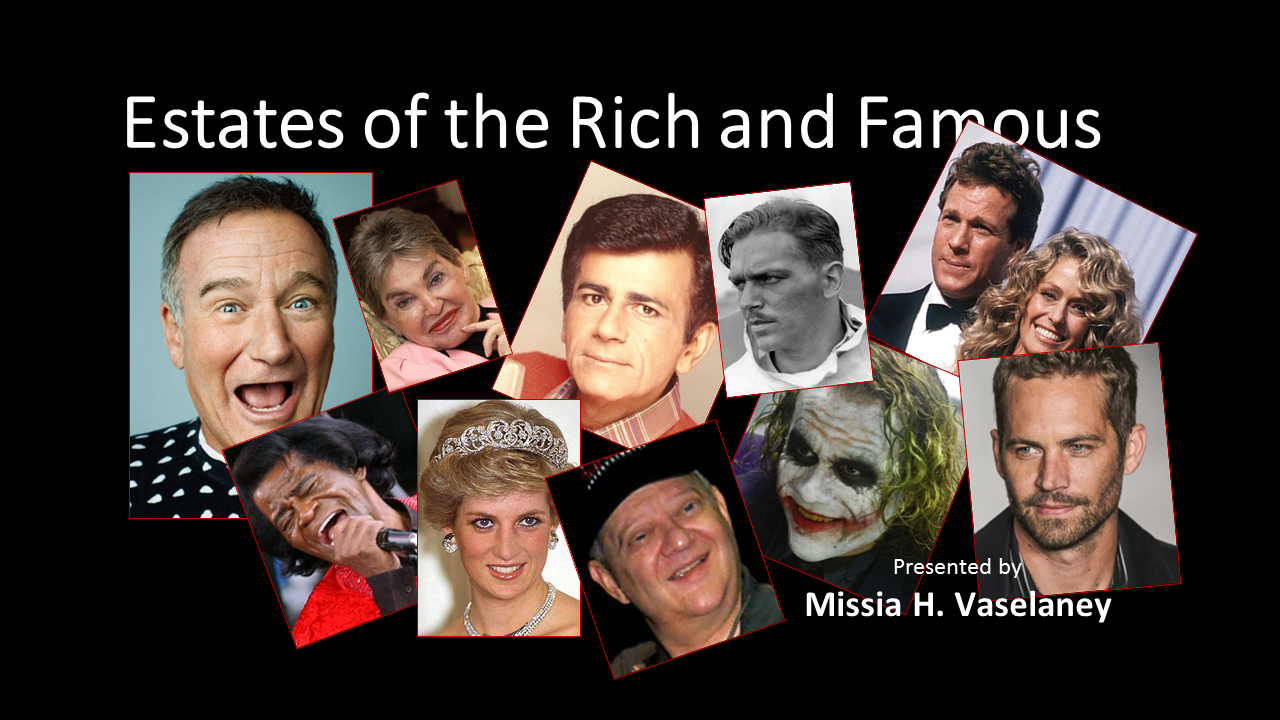Are Financial Advisors Who “Expose” Activities Of Bad Advisors Really Just Self-Interested Jerks? Hot
 Roth writes about a woman who sat next to him at a recent breakfast for planners. “I can tell you this was an extremely nice woman, with two small children, who does a ton of volunteer work for her church and community,” Roth says. “I can also tell you that she sells some of the most expensive products on the planet.”
Roth writes about a woman who sat next to him at a recent breakfast for planners. “I can tell you this was an extremely nice woman, with two small children, who does a ton of volunteer work for her church and community,” Roth says. “I can also tell you that she sells some of the most expensive products on the planet.”
Is he fair to single out other advisors? Is he just promoting himself for his own self-interested reasons? Or is he genuine in his criticism?
In September 2012, Roth posted to The Wall Street Journal’s Total Return blog questioning the CFP Board’s commitment to enforcing the fiduciary standard. In that story, Roth wrote about a client that hired him after growing suspicious of overcharging by a CFP professional. Roth, also a CFP-holder, found the client was being charged 5.29% annually on an annuity. The client and Roth filed complaints with CFP Board, and no public sanction was announced, which puzzled Roth.
“In following up with the (CFP) Board,” Roth wrote in September 2012, “I was told they had lost the complaint I filed and hadn’t yet gotten to the client’s complaint. Eventually, the client received a letter that no public action would be taken against this CFP.”
Roth publicly called out CFP Board in post to WSJ for not taking action publicly. The incident was a poignant example of the asymmetric power of the Web, where an individual like Roth can take on an institution like CFP Board.
In today’s post, Roth visits another dark place in the financial advice profession. This time, he examines how human nature—the human penchant for self-interest—allows good people to rationalize bad behavior.
Roth says the woman sitting next to Roth at breakfast last week “justified what she was selling as only giving the client what they wanted. If it turned out badly, it was the client's fault." He adds: “In her mind, I'm quite sure she felt she was exercising the fiduciary responsibility of putting her clients' interests ahead of her own.”
So, is Allan Roth just a self-interested jerk? Is he just blowing the whistle on bad stuff in the advisor world to toot his own horn?
Amid a heightened level of advisor-bashing in the financial press lately, the answer is particularly important, because some of the bashing advisors are getting in the media seems unfair.
Just a few weeks ago, I posted about an incident in which financial writer Helaine Olen smears financial advisors for the sins of Suze Orman and other financial gurus in an NPR interview. On a national campaign to promote her new book, Olen has drawn national coverage about her book in the financial press from Salon, Business Insider, CBS MarketWatch, and other major news outlets. However, Olen is not being questioned when she generalizes the actions of Jim Cramer, David Bach, Orman, and other financial gurus as an indictment of all financial advisors. (I was not the only one who noticed Olen’s smear tactics; totally unbeknownst to me when I wrote my post questioning Olen’s fairness, Nick Stuller, founder of Meridian IQ and Advice IQ (an A4A media partner), posted on Forbes saying Olen’s book is “peppered with distortions and misstatements.”
While Olen strains her credibility by assailing advisors generally for wrongdoing by media-financial-gurus, Allan Roth does not engage in such tactics. Roth, in his post today, sensitively explores the nature of integrity.
Roth judges the advisor sitting next to him at breakfast for not providing “low costs, diversification, and liquidity,” which he believes to be “required in every consumer financial product.” But he also demonstrates the sensitivity involved in drawing a line showing where ethical behavior is subjugated to self-interest.
“In her mind, I'm quite sure she felt she was exercising the fiduciary responsibility of putting her clients' interests ahead of her own,” Roth says. Then, Roth takes measure of himself.
“Am I any better?,” he asks. “My mindset might be different if I were in the same position as this planner with two small children I wanted to send to college.”
As the long wave of the shakeout in the financial advice business slowly unfolds, Roth’s self-doubt about judging another financial advisor’s integrity is appreciated.
My guess is we’re going to see a lot more whistleblowing by advisors in the months and years ahead as the holders of the CFP, CFA, CIMA, CPA/PFS, ChFC, CLU, and other credible financial advisor designations use the power of the Web to root out the most common unethical practices of advisors. Hurling insults at the integrity of others is serious business and should not be used for self-promotion. If you are going to say you’re holier than the next guy, then you better be pure of heart, introspective, and not be an easy target for charges of hypocrisy.
Roth is a gadfly, upsetting the status quo by posing difficult questions, often irritating questions. Roth’s struggle to understand his self-interested colleague sets a good standard for how advisors can point out the deficiencies of other advisors publicly with sensitivity and with humility, and blow the whistle on bad behavior by advisors to promote professional integrity. Question your own facts, honesty, and integrity before doing it to others.









